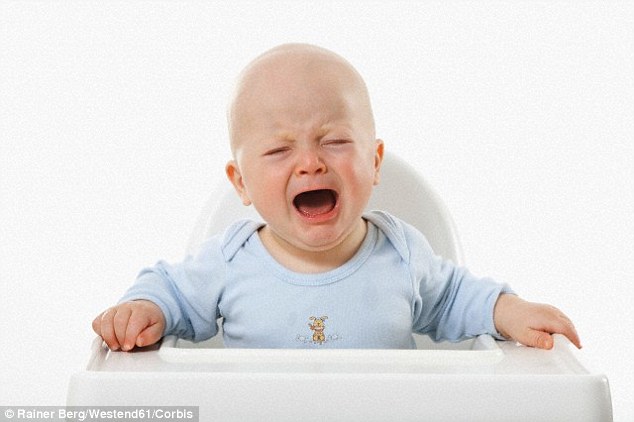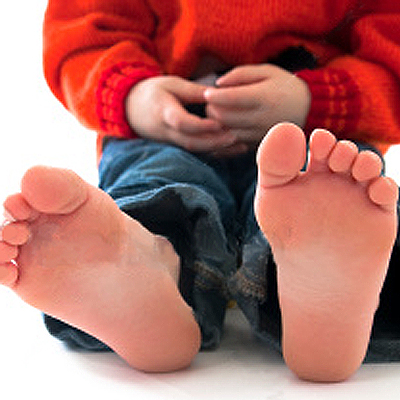Older Fathers May Pass 'Devastating' Health to Children
Women have long been warned that the older they are, the greater the risk of health problems for them and their baby - but research now suggests older fathers can also affect baby's health.
This increases the risk of epilepsy, autism and breast cancer. Two-thirds of new UK fathers are now over 30, and the researchers say older would-be fathers should be better informed about the risks of conditions that can occur in their offspring. Whereas the menopause marks the end of reproduction, men are able to produce sperm throughout their lives. However, the quality declines and, according to the new research from doctors at the Centre for Reproductive Medicine, Baylor College of Medicine, Texas, and other centres, this could have implications for the next generation.
Worldwide data from more than 60 teams of researchers on the health risks associated with older fathers found that men aged over 35 had a 50 per cent lower chance of conceiving over a 12-month period than men 25 and under, even after taking into account the age of the would-be mother. The risk of miscarriage and premature birth also rises when the man is more than 40. A study of 23,821 pregnant women analysed by the researchers found that pregnancies involving men aged 50 or older were twice as likely to end in the loss of the foetus compared to younger fathers. And the problems may not end with conception. Advanced paternal age (over 40) increases the risk of breast cancer in their daughters by around 60 per cent, according to one of the studies the American researchers looked at (one of five to find a link between advanced paternal age and breast cancer). Children conceived by fathers over 40 also have a 30 per cent increased risk of epilepsy, a 37 per cent higher risk of Down's syndrome, a 14 per cent greater chance of childhood leukaemia, and a 70 per cent greater likelihood of central nervous system cancers (such as brain tumours). If the father is over 45, there is a threefold increased risk of retinoblastoma, a rare type of eye cancer. Older fathers are thought to be at higher risk of having children with autism and schizophrenia. Some of the biggest increases in risk are seen in genetic disorders. Achondroplasia, a common cause of dwarfism, is nearly eight times more prevalent in the children of fathers aged 50 and over. So, why might this be? In order to produce new sperm, so-called sperm 'precursor' cells have to divide. They do this every 16 days, which means by the time a man reaches 70, these cells will have divided around 1,500 times.
With each division comes a risk of DNA mutation and genetic defects. A study from Iceland in 2012 found that the average child born to a 20-year-old father has 25 DNA mutations in their genes and that the number increases annually, reaching 65 mutations for offspring of 40-year-old men, increasing the risk of problems. Another explanation is that, after the age of 60, a high percentage of sperm is affected by so-called DNA fragmentation. Normally, the genetic material in a sperm cell is wound up like a tight ball of yarn to prevent the strands of DNA breaking. When the genetic material is not safely packaged, the DNA strands are vulnerable to breakage, or DNA fragmentation, which means the fertilised egg may not be able to develop normally and, in some cases, become unviable. With age, a man's testosterone levels also drop, with one in five men over 60 having low levels, leading to poor semen quality, which can affect conception rates. Advanced paternal age can also lead to birth defects, say the Baylor researchers, whose study is being published in the journal Fertility and Sterility. Dr Simon Fishel, chief executive of CARE Fertility, says: 'Even though men keep producing sperm, the decline in sperm DNA with age is now uncontroversial, with potentially devastating effects on the offspring of older men. 'It is not as marked or obvious an effect that we observe in women, which makes it all the more insidious and risky for populations in which men are reproducing later in life. 'This study is telling us we need to sit up and take note, and start to educate the public on the risks of the male biological clock, and not just the female.' Women are generally counselled that as they reach their late-30s, their risk of not just conceiving, but of having a healthy child decreases as the quality and quantity of their eggs deteriorate. At 35, a woman's risk of conceiving a child with Down's syndrome is about one in 350, but by age 45, it is about one in 30. Yet currently, patients are rarely warned about how advanced paternal age may present risks to their offspring, but this should change, says Dr Dolores Lamb, director of the Centre for Reproductive Medicine and Professor of Urology and Molecular and Cellular Biology at Baylor College of Medicine.
'The medical community must do a better job of educating couples that there are some risks associated with conception at advanced paternal age,' she says. One issue will be identifying the age at which problems may occur. One study the researchers looked at, which set out to find a cut-off age for men, found that semen quality declined continuously with age, with no point at which risk suddenly increased. Written By Roger Dobson Retrieved From:
|
|






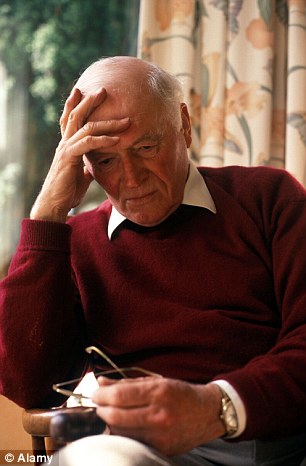

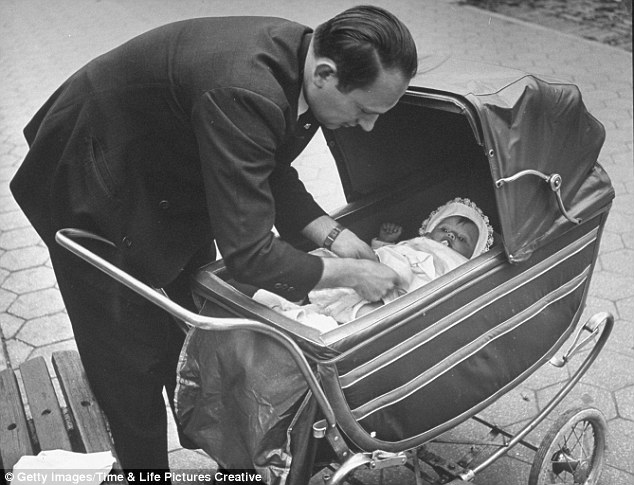
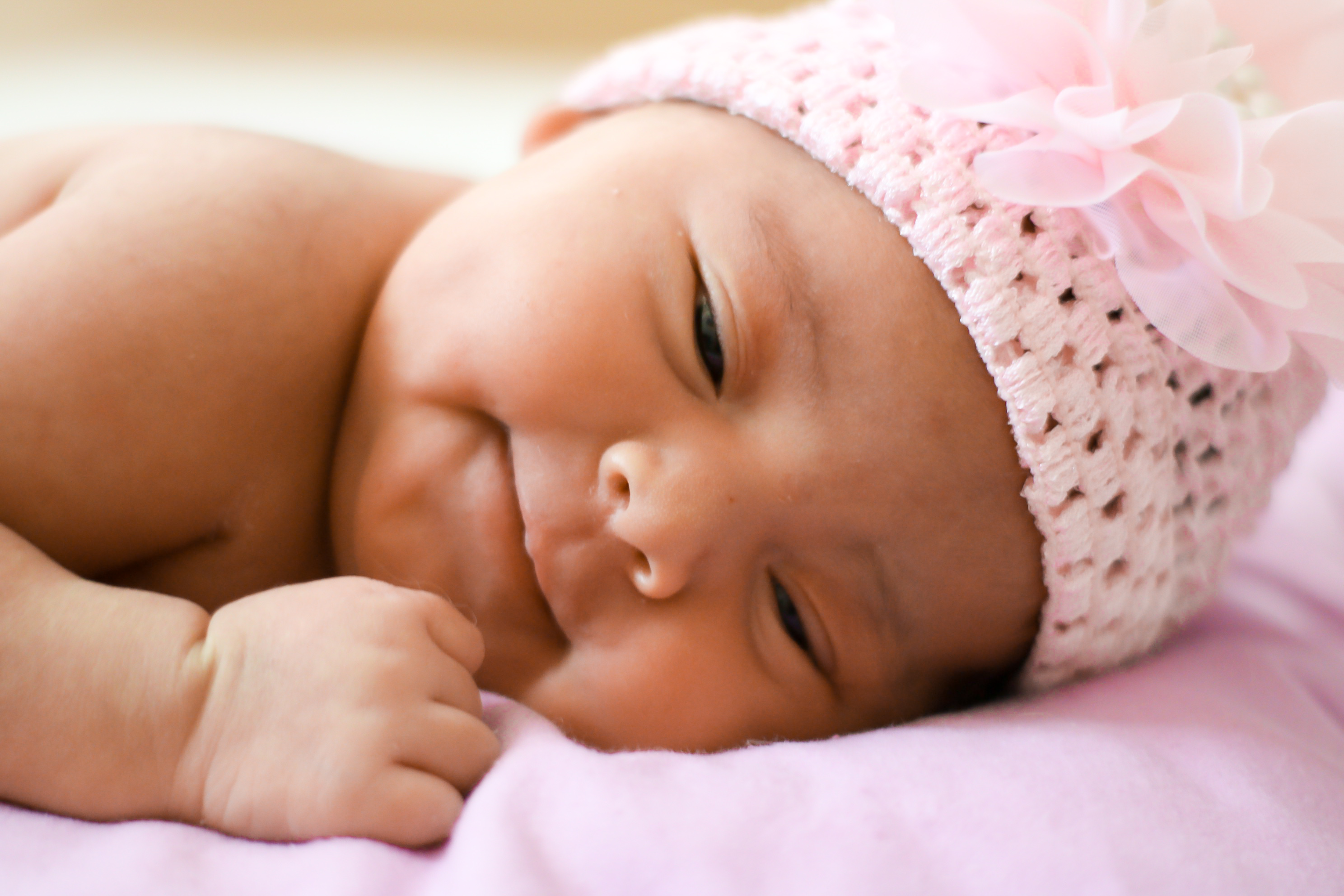


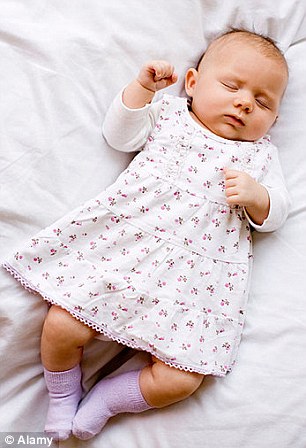
.jpg)


